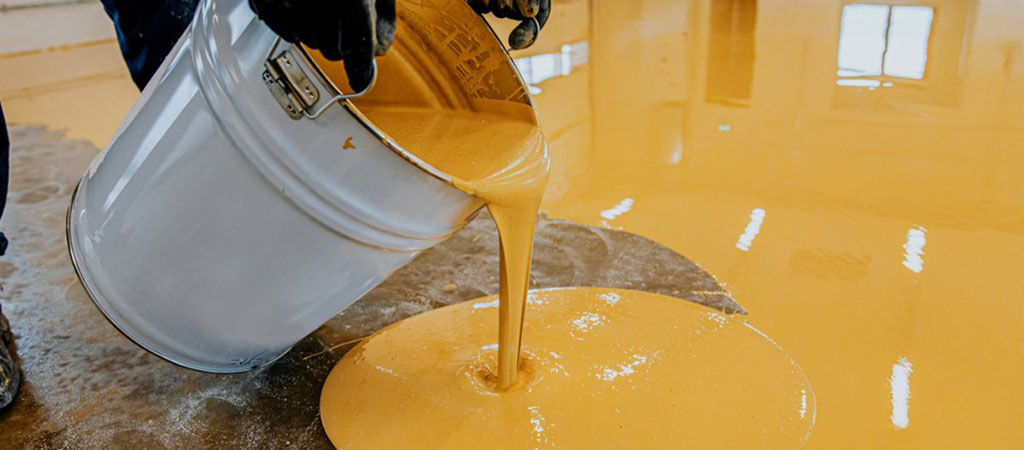Epoxy Flooring
Epoxy flooring is a popular flooring solution that is known for its durability, strength, and versatility. It is made by mixing resin and hardener, creating a strong, chemically resistant surface. Epoxy flooring is commonly used in industrial settings, such as factories and warehouses, but it is also becoming more popular in residential settings due to its many benefits. Columbus Concrete Contracting is a company that specializes in installing high-quality epoxy flooring for both commercial and residential clients.
Industries that Utilize Epoxy Flooring
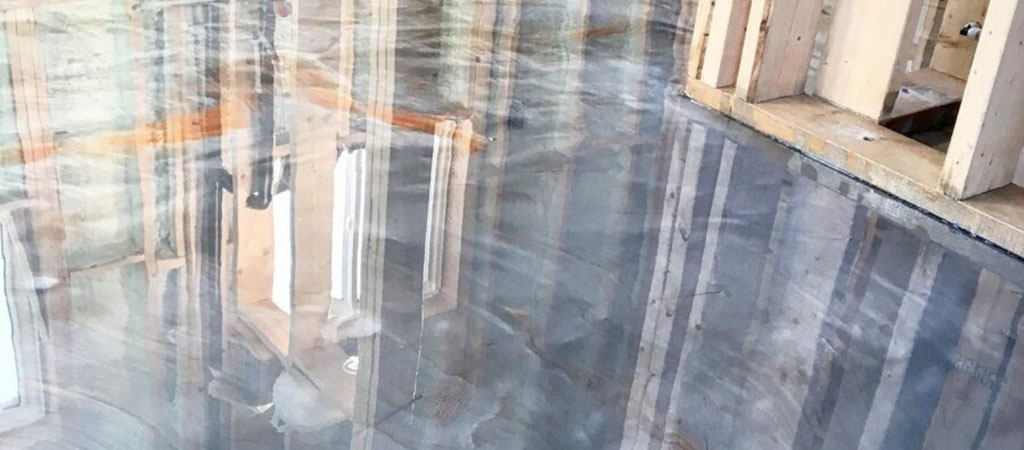
Industrial and Manufacturing Industry
Epoxy flooring is widely used in the industrial and manufacturing industry due to its exceptional durability and chemical resistance properties. It can withstand heavy machinery and equipment traffic without getting damaged, making it a popular choice for factories and warehouses. The non-porous nature of epoxy flooring makes it resistant to spills, stains, and chemicals, which is especially important in manufacturing plants where corrosive chemicals and oils are often used. Furthermore, epoxy flooring provides a level of safety as it is slip-resistant, which can help prevent workplace accidents.
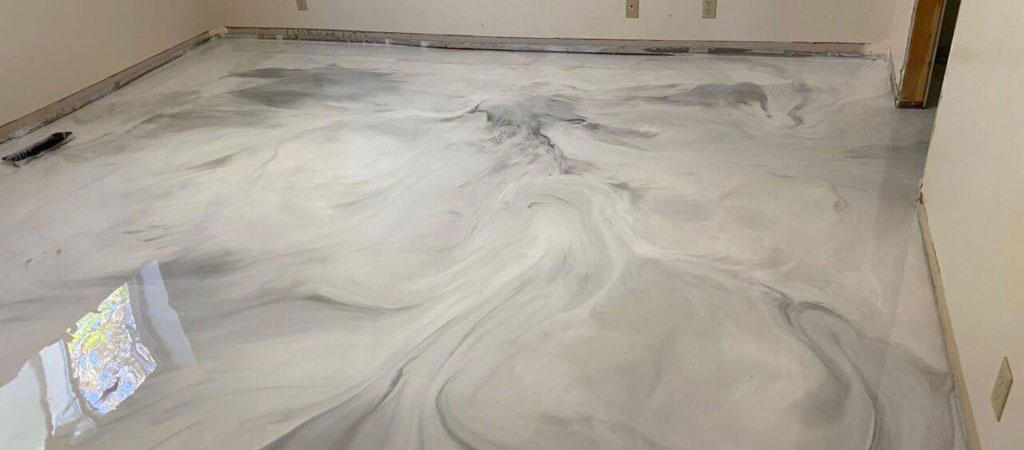
Healthcare Industry
The healthcare industry is another industry that commonly utilizes epoxy flooring. Hospitals, clinics, and other medical facilities require hygienic flooring, easy to clean and resistant to germs and bacteria. Epoxy flooring meets all of these requirements and provides a seamless, non-porous surface that does not harbor bacteria or pathogens. Additionally, epoxy flooring can be customized with different colors and designs, which can help create a calming and aesthetically pleasing environment for patients and staff.
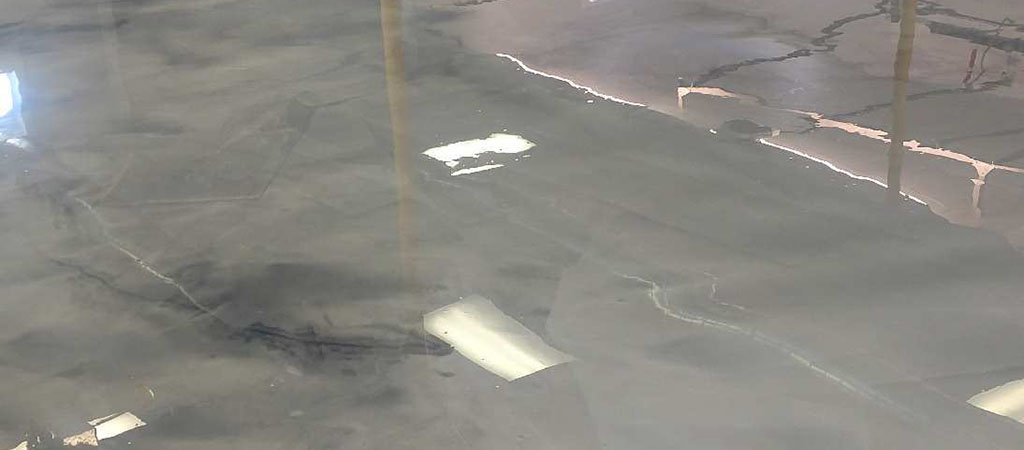
Food and Beverage Industry
Epoxy flooring is also widely used in the food and beverage industry due to its easy-to-clean and hygienic properties. The non-porous surface of epoxy flooring does not absorb any spills, which can help prevent bacterial growth and contamination. Furthermore, epoxy flooring can be designed with a non-slip surface to help prevent workplace accidents in areas where liquids and oils are commonly used. In the food and beverage industry, epoxy flooring is often used in commercial kitchens, breweries, and restaurants as it can withstand high levels of foot traffic and heavy equipment.
Learn the Benefits of Epoxy Flooring
- Durability: Epoxy flooring is highly durable and can withstand heavy foot traffic, machinery, and equipment without getting damaged.
- Chemical Resistance: Epoxy flooring is resistant to spills, stains, and chemicals, making it ideal for industrial and manufacturing settings.
- Hygiene: Epoxy flooring provides a seamless, non-porous surface that is easy to clean and maintain, making it a popular choice for healthcare and food and beverage industries.
- Safety: Epoxy flooring can be customized with a non-slip surface, making it safe for areas where liquids and oils are commonly used.
- Aesthetics: Epoxy flooring can be designed with various colors and patterns, allowing for customization and creating an aesthetically pleasing environment.
- Longevity: Epoxy flooring can last many years with minimal maintenance, making it a cost-effective option in the long run.
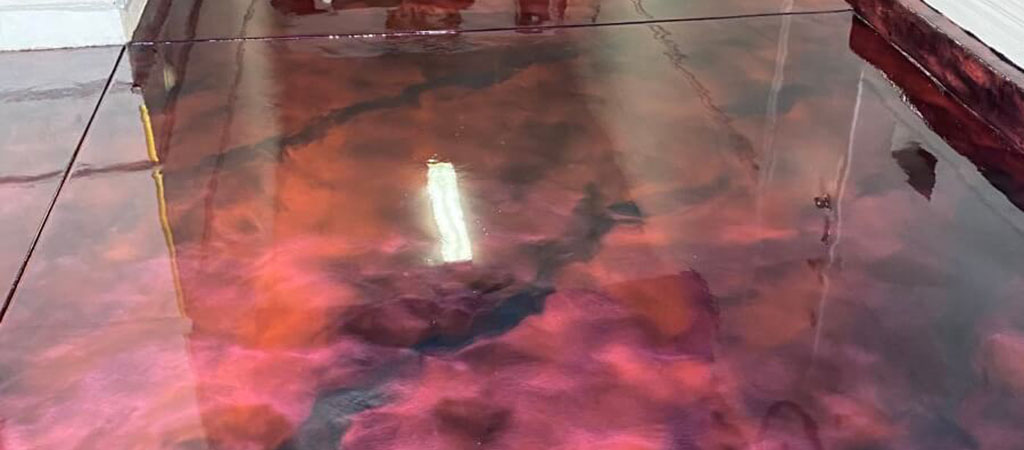
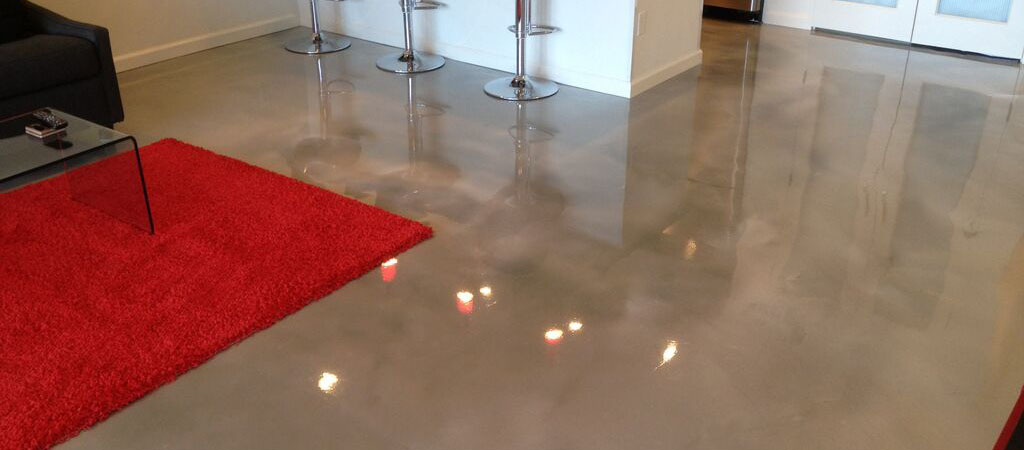
Metallic Epoxy Coatings
Metallic epoxy coatings are a type of epoxy flooring that is gaining popularity due to its unique and eye-catching appearance. The coating contains metallic pigments that create a three-dimensional, swirling effect reminiscent of flowing water or liquid metal. Metallic epoxy coatings are highly customizable and can be designed with a variety of colors and patterns, making them a popular choice for residential and commercial settings. Additionally, metallic epoxy coatings provide all the benefits of traditional epoxy flooring, including durability, chemical resistance, and easy maintenance.
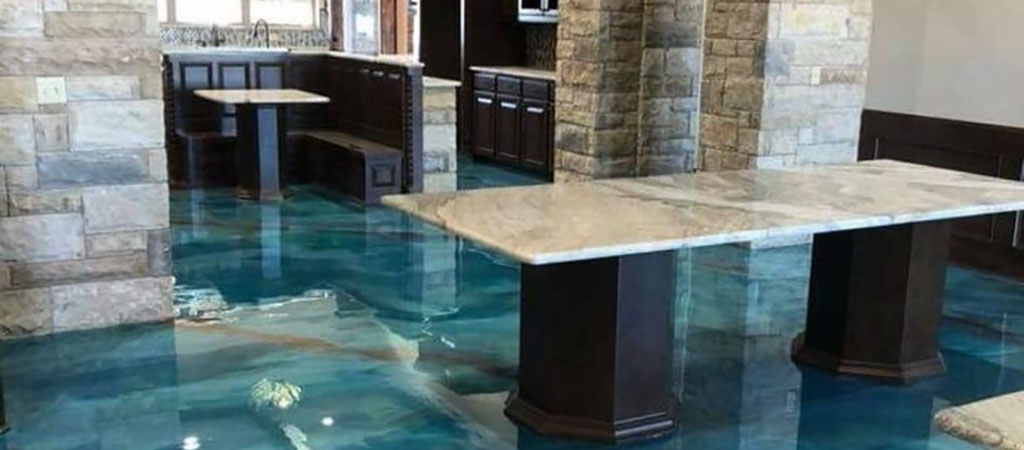
Custom Epoxy Services
Custom epoxy services offer the ability to design and create a truly unique flooring solution. These services can provide custom colors, patterns, and textures to create a one-of-a-kind floor that perfectly suits the client’s needs and preferences. Custom epoxy flooring can be used in a variety of settings, including residential, commercial, and industrial spaces. The design possibilities are virtually endless, making it an excellent option for those looking for a personalized flooring solution.
The Basics of Epoxy Flooring
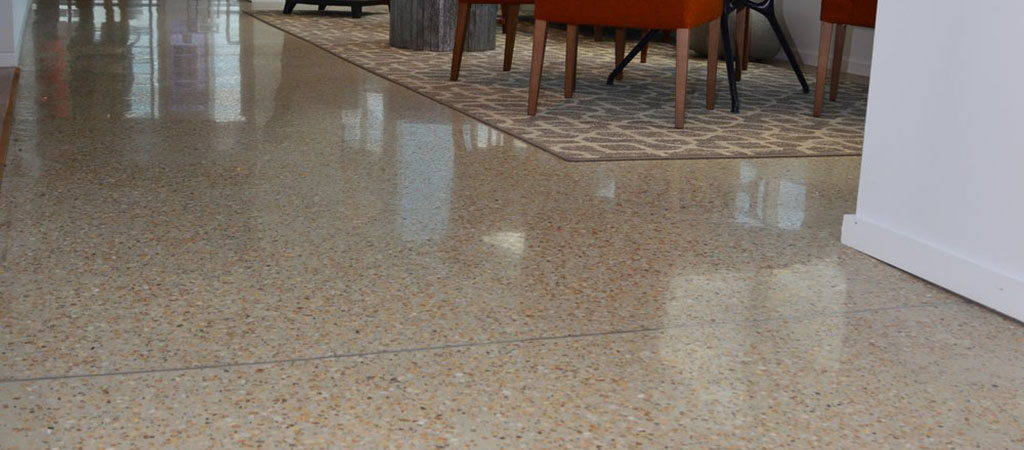
Epoxy Flooring Care and Maintenance
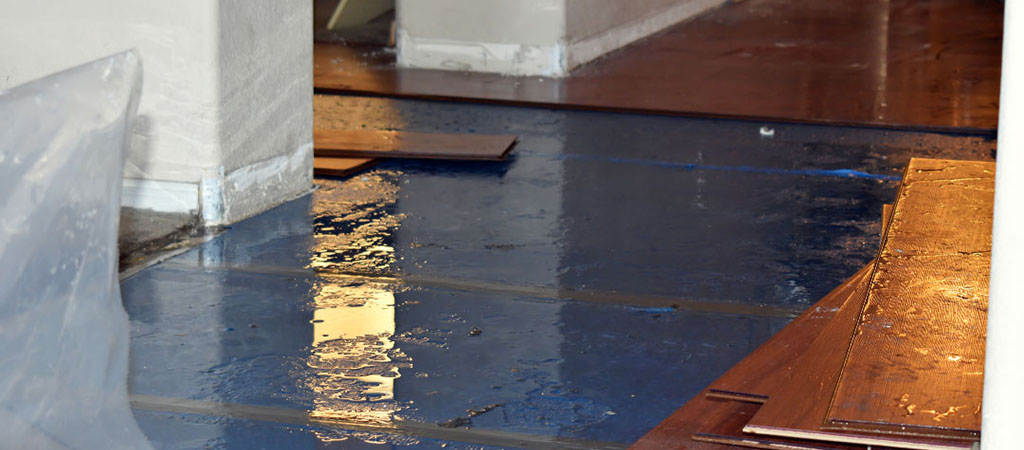
Our Epoxy Flooring Installation Process
